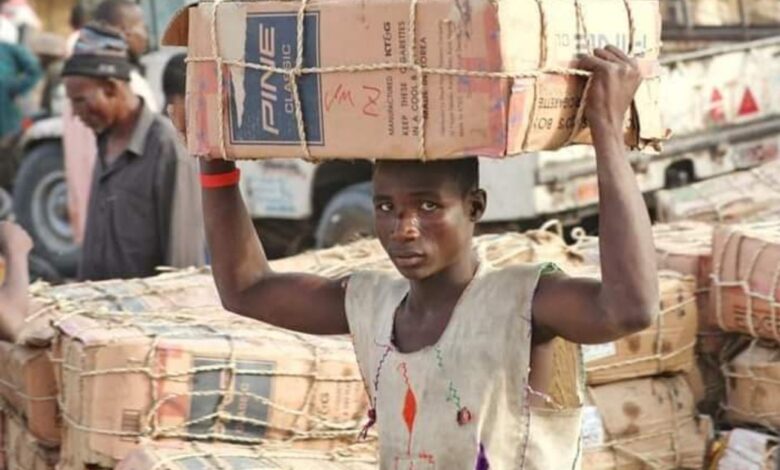Fish Traders Get Boost To Resume Business In Lake Chad
After about five years of official ban, and risky illegal fish trade, stranded fishermen and traders in Monguno in northern Borno at the shores of Lake Chad got a government nod to resume business

The 13-year-old Boko Haram insurgency had not only caused mass displacement of people but also disrupted their means of livelihood, forcing some fish traders to either take to smuggling or illegal trade after paying taxes to the insurgents.
Monguno, one of the major hubs for fish trade after Baga in the Kukawa Local Government Area, was completely deserted after repeated attacks by Boko Haram terrorists.
The town fell to Boko Haram in Jan. 2015, leading to the mass displacement of civilians who fled to Maiduguri, the state capital.
Though the military had made a face-saving rebound to reclaim the town in February of the same year, Monguno later became a mega camp that hosts fleeing residents from its hinterland communities and other neighbouring local government areas like Nganzai, Guzamala and Kukawa.
Monguno has six major IDPs camps with about 110,0000 residents who are mostly displaced fish traders or fishermen and their families. It’s one of the biggest humanitarian hubs for the UN system after Maiduguri.
Babagana Zulum, Governor of Borno State, was in Monguno town to distribute the usual periodic food and cash palliative to the mass of displaced people.
During the visit and having weighed the sustainability challenges of spoon-feeding such a mass of the human population, Governor Zulum decided, after consulting with the fish dealers and the security agencies, on the need to allow the suspended fishing business to resume.
Cartons of dried fish waiting to be transported to Maiduguri.
The governor, who warned against any act of criminality or aiding and abetting terrorism through the fishing business, said the traders would be supported with take-off grants for their businesses, while five vehicles would also be donated to the fish dealers union to ease the transportation of the fishing business to Maiduguri and other parts of the country.
“I warn you not to be involved with any illicit transaction that can jeopardize the security of our people,” he said. “Anyone caught associating with criminal elements should have himself be blamed.”
He said the traders must cooperate with the relevant security agencies “by providing useful information on any suspicious activity or Boko Haram terrorist”.
Governor Zulum had earlier supervised the distribution of N275 million in cash, food items, and textiles to about 100,000 IDPs in the six camps.
The military had, in 2017, banned fishing and its sales in Borno state following intelligence obtained at that time that most of the stocks being sold in the markets belonged to Boko Haram.
Support Our Journalism
There are millions of ordinary people affected by conflict in Africa whose stories are missing in the mainstream media. HumAngle is determined to tell those challenging and under-reported stories, hoping that the people impacted by these conflicts will find the safety and security they deserve.
To ensure that we continue to provide public service coverage, we have a small favour to ask you. We want you to be part of our journalistic endeavour by contributing a token to us.
Your donation will further promote a robust, free, and independent media.
Donate HereStay Closer To The Stories That Matter




